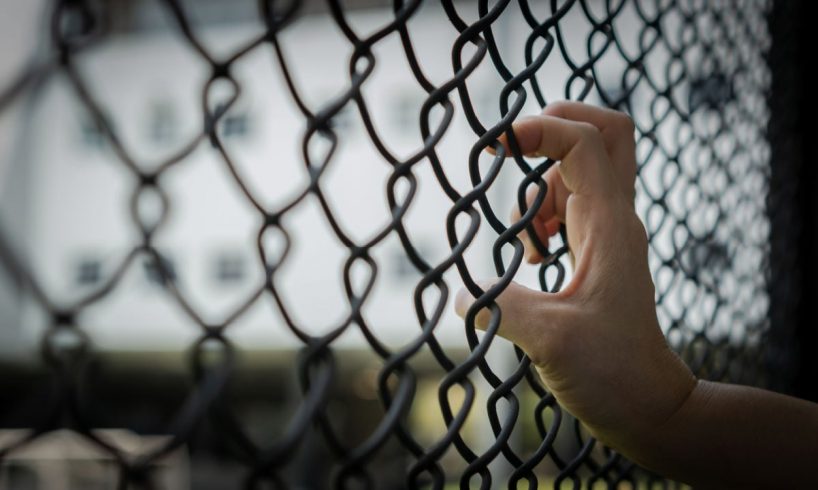
Over 1,000 human trafficking victims were recently rescued from a “fraud factory” in Mabalacat, a town located nearly 90 kilometers northwest of Manila, Philippines law enforcement has said. Michelle Sabino from the Philippine National Police Anti-Cybercrime Group said trafficking victims use social media platforms such as Facebook to lure unsuspecting individuals.
Cryptocurrency Scams
According to Philippines law enforcement, over 1,000 human trafficking victims were rescued following a recent raid on a compound in Mabalacat, approximately 90 kilometers northwest of the capital, Manila. According to officials, many of the trafficking victims came from Vietnam, China, Indonesia, the Philippines, Nepal, Malaysia, Myanmar, Thailand and Taiwan.
As per a VOA report, the trafficking victims were forced to perpetrate cryptocurrency scams during shifts that lasted up to 18 hours per day. Michelle Sabino, a member of the Philippine National Police Anti-Cybercrime Group, is quoted in the report explaining how the trafficking victims used social media platforms such as Facebook to lure unsuspecting individuals. The victims themselves were reportedly lured by the promise of employment.
“They were lured by social media posts promising good-paying jobs only to get trapped in these compounds that had armed guards to keep them from leaving,” Sabino explained.
The Indonesian Tip-Off
The Philippines law enforcement’s raid on the compound in Mabalacat on May 4 and 5 came after it reportedly received a tip from Indonesian officials who were inundated with pleas from trafficking victims’ families. According to the report, most of the trafficking victims are university-educated individuals with social media skills. The Global Anti-Scam Organization said the so-called online “fraud factories” are known to prefer employing English and Chinese-speaking individuals.
Meanwhile, the report also noted that while the fraud factories in the Philippines were generally thought to be located in remote areas, a recent hearing in the country’s legislature revealed that criminals are also setting them up in urban areas. While trafficking victims are sometimes given the opportunity to buy themselves out, many remain trapped because their families cannot afford the demanded fees.
What are your thoughts on this story? Let us know what you think in the comments section below.
Terence Zimwara
Image Credits: Shutterstock, Pixabay, Wiki Commons
Disclaimer: This article is for informational purposes only. It is not a direct offer or solicitation of an offer to buy or sell, or a recommendation or endorsement of any products, services, or companies. Bitcoin.com does not provide investment, tax, legal, or accounting advice. Neither the company nor the author is responsible, directly or indirectly, for any damage or loss caused or alleged to be caused by or in connection with the use of or reliance on any content, goods or services mentioned in this article.
More Popular NewsIn Case You Missed It
















